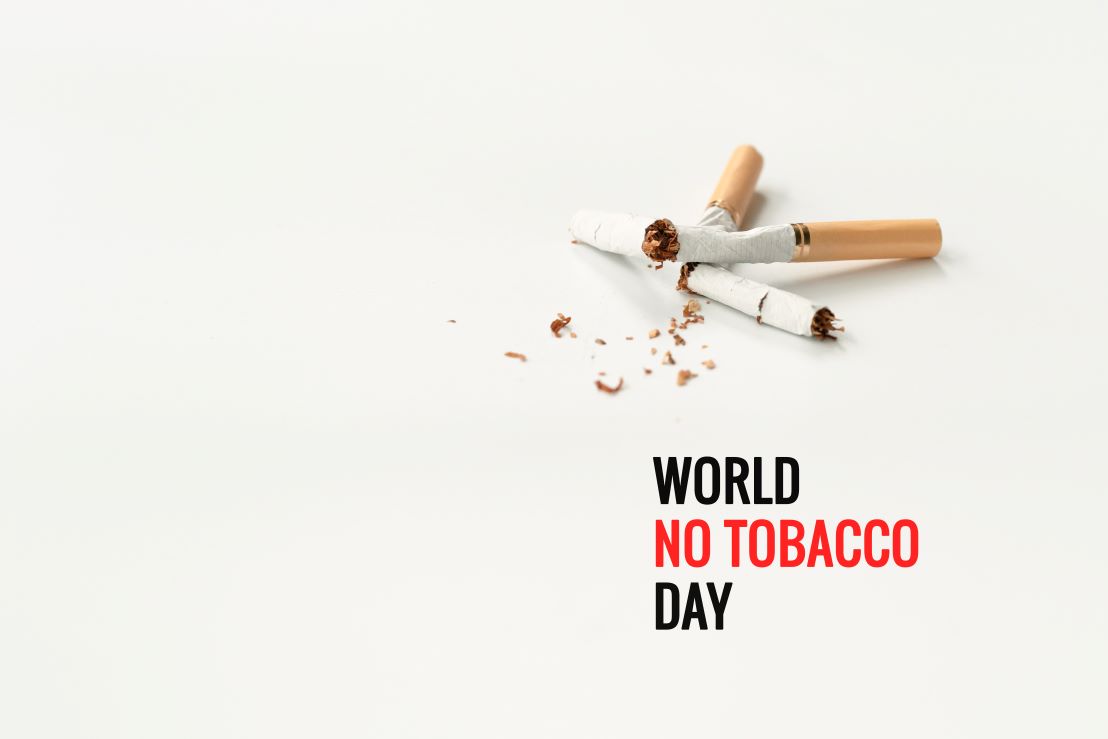World No Tobacco Day: Promoting a Smoke-Free Future
Every year on May 31st, the global community comes together to observe World No Tobacco Day. This significant day serves as a powerful reminder of the ongoing battle against tobacco use and its devastating health effects. Initiated by the World Health Organization (WHO) in 1987, this annual event raises awareness about the risks associated with tobacco consumption and advocates for effective policies to reduce tobacco use worldwide.
The theme for World No Tobacco Day 2023 is “Commit to Quit.” The campaign aims to empower individuals to make a firm commitment to quitting tobacco and support them in their journey towards a smoke-free life. It emphasizes the importance of personalized cessation support, such as counseling services, nicotine replacement therapies, and access to affordable medications. By encouraging smokers to quit, the campaign strives to create a healthier world for everyone.
Tobacco consumption remains a global public health crisis, causing immense harm to individuals, families, and communities. According to the WHO, tobacco kills more than 8 million people every year, with 7 million deaths attributed to direct tobacco use and over 1.2 million deaths due to non-smokers being exposed to secondhand smoke. This staggering toll includes various life-threatening conditions such as cardiovascular diseases, cancers, chronic respiratory diseases, and more.
World No Tobacco Day provides an opportunity to shed light on the multifaceted strategies needed to combat tobacco use effectively. The campaign encourages governments, healthcare organizations, and individuals to take action and implement evidence-based measures that deter tobacco use. Some of the key initiatives include:
1. Strengthening tobacco control policies: Governments play a pivotal role in implementing stringent policies to curb tobacco consumption. This involves imposing higher taxes on tobacco products, enforcing bans on tobacco advertising, promotion, and sponsorship, implementing smoke-free policies in public spaces, and mandating graphic health warnings on tobacco packaging.
2. Promoting public awareness: Education and awareness programs are crucial in combating tobacco use. World No Tobacco Day serves as a platform to educate communities about the health risks associated with tobacco and the benefits of quitting. Public awareness campaigns through various media channels, social platforms, and educational institutions help spread the message far and wide.
3. Offering support for cessation: Quitting tobacco is challenging, but support systems can significantly increase success rates. Healthcare providers, community organizations, and helpline services can offer counseling, nicotine replacement therapies, and medications to assist individuals in their journey to quit smoking. Recognizing the importance of these resources and making them accessible to all is vital.
4. Protecting youth from tobacco initiation: Targeting youth with prevention programs is essential to curb tobacco use. Strict enforcement of age restrictions on tobacco sales, comprehensive school-based education, and engaging youth in anti-tobacco campaigns help create a smoke-free generation. By focusing on prevention, we can break the cycle of addiction before it begins.
5. Promoting research and innovation: Continued research into the effects of tobacco use and the development of innovative solutions are vital in the fight against tobacco. Investing in research on tobacco control measures, alternative nicotine delivery systems, and understanding the behavioral aspects of addiction can lead to groundbreaking strategies for tobacco cessation.
World No Tobacco Day serves as a reminder that the journey to a smoke-free future requires collective action and unwavering commitment. It calls on governments, organizations, healthcare professionals, and individuals to join forces and create an environment where tobacco use is no longer the norm. By prioritizing prevention, cessation support, and evidence-based policies, we can protect current and future generations from the devastating consequences of tobacco.
On this World No Tobacco Day, let us reflect on the progress made so far, but also acknowledge the work that lies ahead. Together, we can build a healthier, smoke-free world, where the burdens of tobacco-related diseases are significantly reduced, and individuals are empowered to lead healthier lives.

